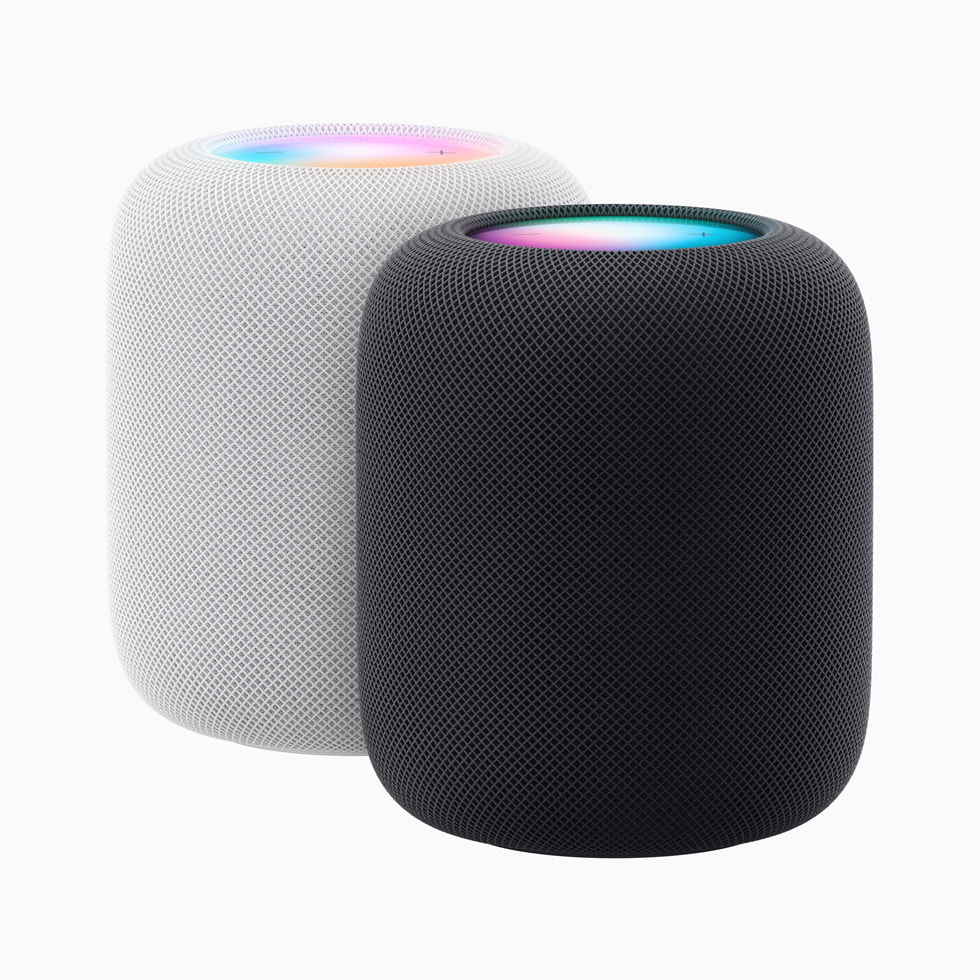
The English word “incognito” means to be “in disguise” or to have “taken steps to conceal one’s identity.”
Your web browser’s Incognito mode allows you to browse the Internet without leaving a record of the websites you visit. However, it still isn’t completely private.
How do you go on incognito?
Say you want to use the incognito mode in the Chrome app or browser. Depending on whether you’re using Chrome, Firefox, Safari, or another browser, the name of this feature changes.
- Tap the three buttons in a row to the right of the Chrome address bar (which brings up more features).
- To find the New Incognito tab, look. A new window appears when you tap on that.
- You can also access Incognito mode by pressing Control+Shift+N all at once.
- The Incognito icon in the top right and center of the screen will indicate that you are in incognito mode.
On the home screen, in addition to the Incognito icon, you’ll also see the following privacy warnings:
You are no longer anonymous. Now that you can browse in private, nobody else using this device will be able to see what you’re doing. But bookmarks and downloads will be kept. The following can’t be saved in Chrome:
- Your browsing history
- Cookies and site data
- Information entered in forms
Your activity might still be visible to:
- Websites you visit
- Your employer or school
- Your internet service provider”
What it means is as follows: The URLs of the websites you visit are typically saved by browsers. This makes it simpler for you to locate them later.
Your browser operates somewhat differently when in private (incognito) mode. There will be no local storage of your search history. This is excellent for hiding your browsing history from anyone else using the same device, such as when you’re browsing adult-oriented websites or looking for a surprise gift. However, that does not imply that all of your activities are private.
Cookies, which are tiny data files with a wide range of applications, are also stored by your browser. Passwords, for example, can be automatically entered by cookies so you don’t have to type them in each time you visit a website. Or, they could give tracking data to marketing firms that genuinely want to know how you navigate from website to website, all in the name of helping someone, somewhere, sell you something.
According to Schoen, the original concept behind web tracking tools like cookies was to track users only within specific websites and not across different browsing sessions without their consent. The internet advertising sector, which frequently builds thorough, comprehensive profiles of what people do online over time, has flagrantly violated both of these standards.
According to Schoen, the private browsing mode occasionally allows users to temporarily disconnect their browsing from the technical infrastructure that supports the majority of those profiles. In other words, cookies won’t give advertisers the specific information they would otherwise mine from your activities when you are in private mode.








